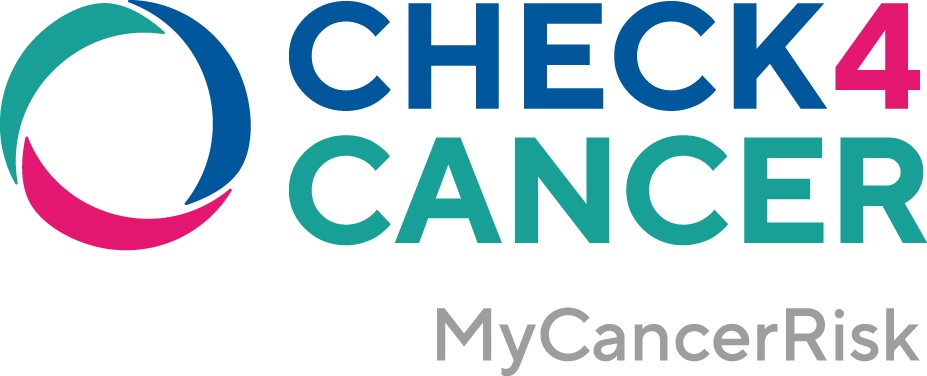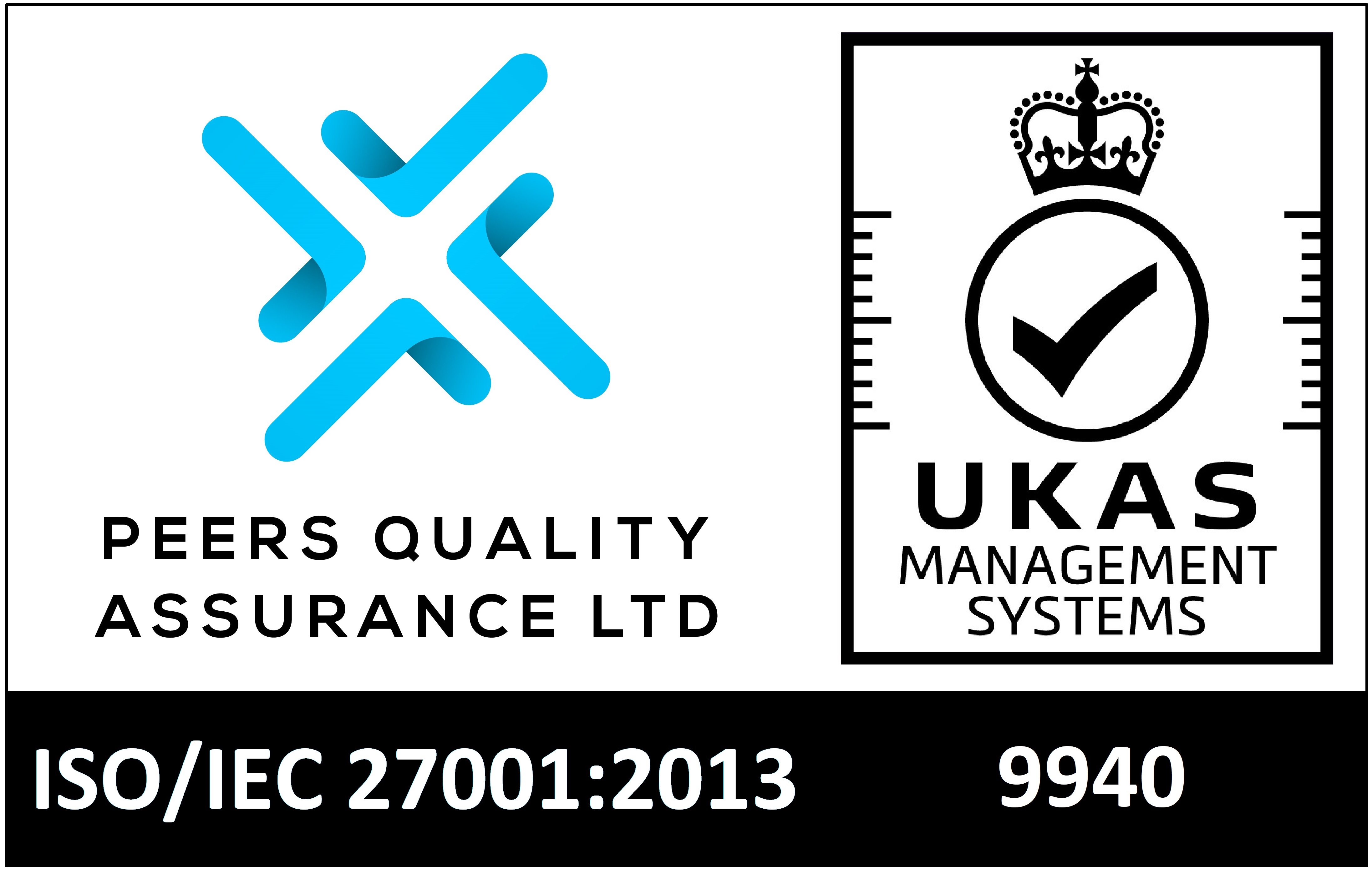At Check4Cancer we strongly believe that cancer screening saves lives. Cancer screening is designed to detect cancers before symptoms appear, and when cancer is diagnosed early, treatment is often easier and more successful. We were very moved when we received this feedback from a woman who recently used her employee benefits to screen her partner for prostate cancer using PSACheck. The story is powerful as her partner was showing none of the typical signs of prostate cancer.
“In August 2021, I looked at the cancer screening (Partner) benefit provided by Check4Cancer and selected the PSACheck for my partner. He didn’t have any symptoms although due to his father having prostate cancer a few years ago, he wanted to be checked out for peace of mind.
I was amazed by the speed of the service. After completing a short survey, he received the home sample test kit in the post mid-September. We sent off the blood sample using the prepaid label and 48 hours later, he received a phone call to confirm his results. His PSA score was high (216) and after receiving a confirmation letter of his results from Check4Cancer, he called his GP to discuss next steps. He was invited for a follow-up blood test late October to check his PSA levels which confirmed that his score had further increased to 343. Following these results, he received letters from the hospital inviting him to various scans, tests, and a biopsy throughout November.
Once all results had been collated and discussed with specialists at the hospital, we were invited to see the consultant for a follow-up in early December.
Nothing prepared us for the news we were about to hear. A confirmed case of prostate cancer. He had a high level of cancerous cells within his prostate and lymph nodes either side which were multiplying at a rapid pace with a high risk of spreading to other areas of the body. His Gleason score was 9 out of 10, therefore very high on the scale and at an advanced stage - a huge shock. If he hadn’t completed the PSACheck when he did and followed up with the GP, the consultant said there would have been an even higher risk of the cancer spreading across his body which, depending on the degree, may not be treatable.
He was prescribed a short course of hormone tablets and is now receiving regular hormone injections to reduce his testosterone levels to stop the cancer cells from multiplying or spreading and reduce his PSA score which will work alongside the further treatment he receives. Due to his high PSA score, they were concerned that cancer cells may be elsewhere in his body, therefore, he has recently started chemotherapy treatment which he will receive every three weeks for the next six months. After a follow-up scan, he will then receive two months of radiotherapy.
He didn’t experience any symptoms therefore had I not selected this benefit when I did (which led to subsequent tests and scans), we wouldn’t have known he had prostate cancer. I am so grateful for this benefit – it has helped save his life!”
Prostate cancer is the most common cancer in men; however, it often doesn’t have any symptoms in its early stages.
Prostate cancer - the facts
- Prostate cancer is the most common cancer in men across the UK with more than 47,700 men diagnosed with prostate cancer every year.
- This means that 1 in 8 men will get prostate cancer in their lifetime.
- Men with prostate cancer often have no symptoms unless the disease is detected at a late stage.
- There is currently no national NHS screening programme for prostate cancer, although men aged 50+ can speak to their GP to see if they are eligible for PSA testing, so screening is vital in protecting your health and early detection of prostate cancer could save your life!
Nearly half of all men are expected to develop prostate cancer at some point in their life. The chances of survival are extremely high in those that are diagnosed when there are no symptoms and when the disease is confined to the prostate gland.
- Information on the signs and symptoms of prostate cancer be accessed here.
- For more information on prostate cancer screening with Check4Cancer please click here.




